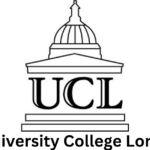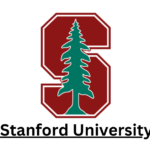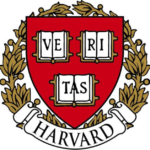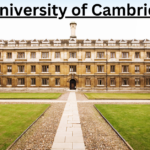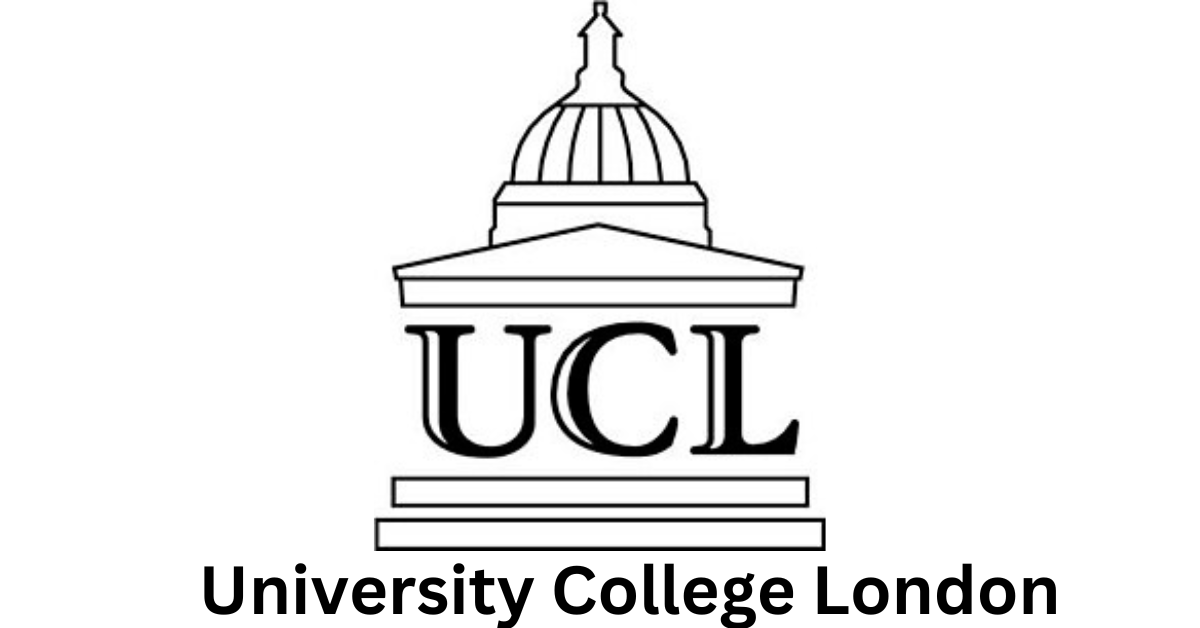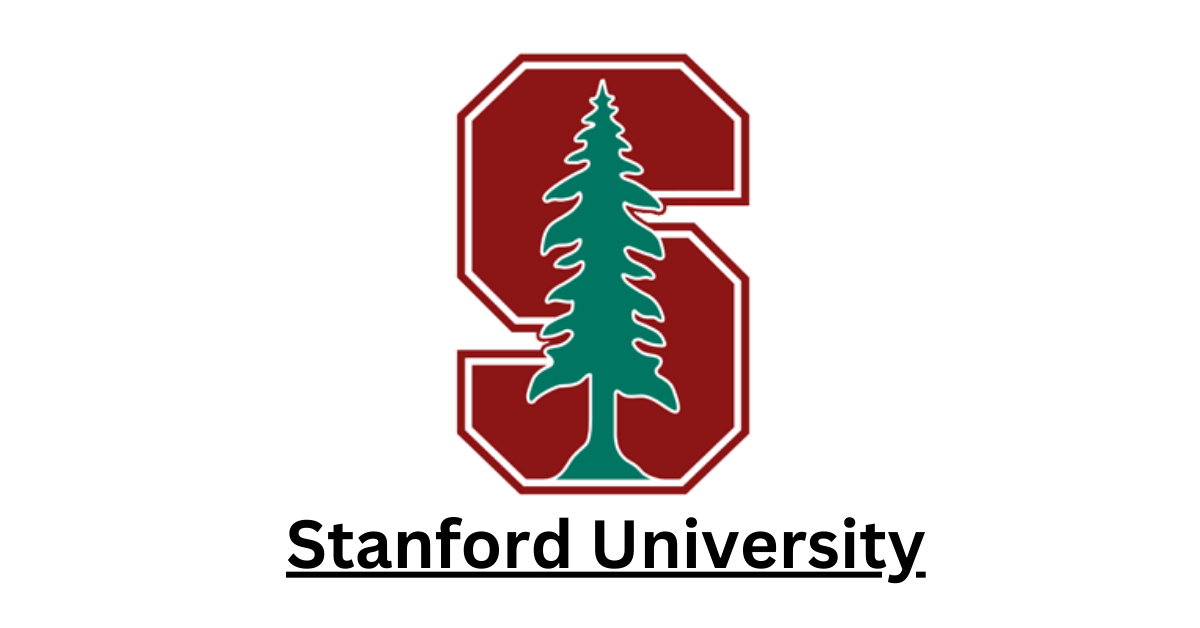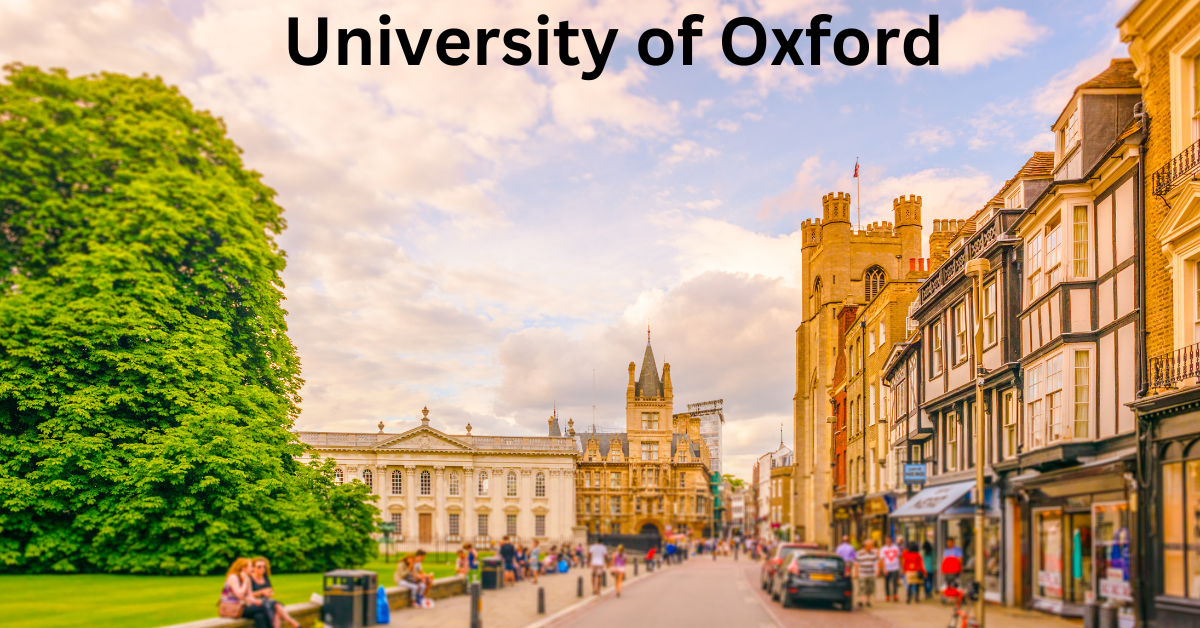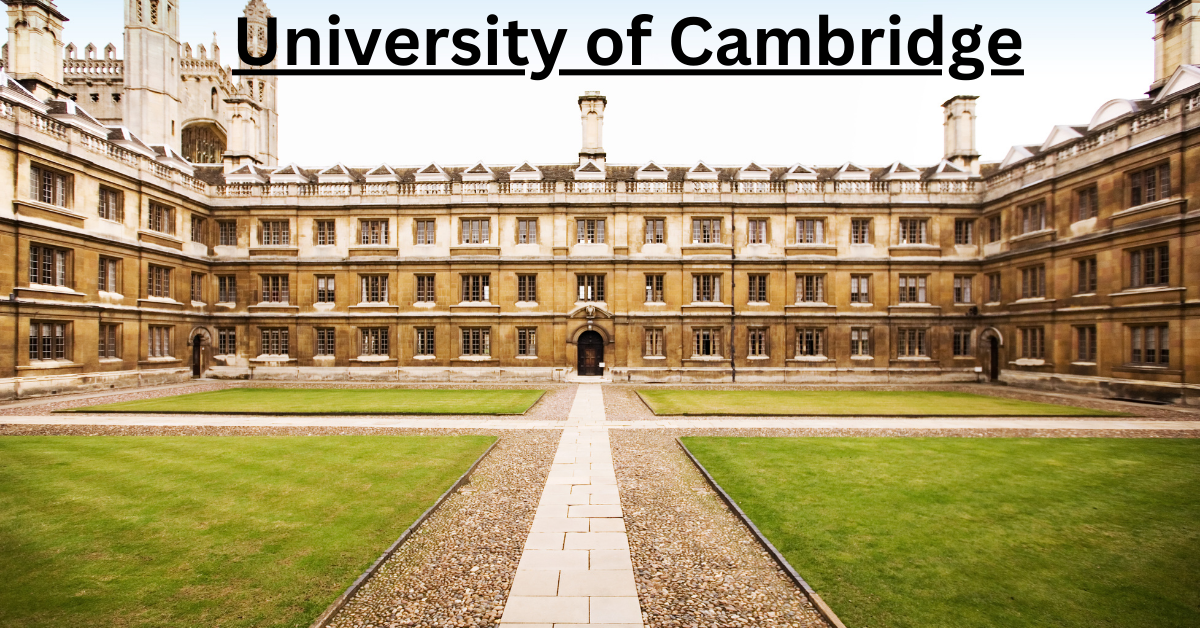Introduction
The University of Harvard, often simply referred to as Harvard, stands as one of the most prestigious and influential institutions of higher learning in the world. Founded in 1636, Harvard is not only the oldest university in the United States but also a symbol of academic excellence and intellectual rigor. This article delves into the rich history, diverse academic offerings, notable alumni, and the university’s impact on both national and global scales.
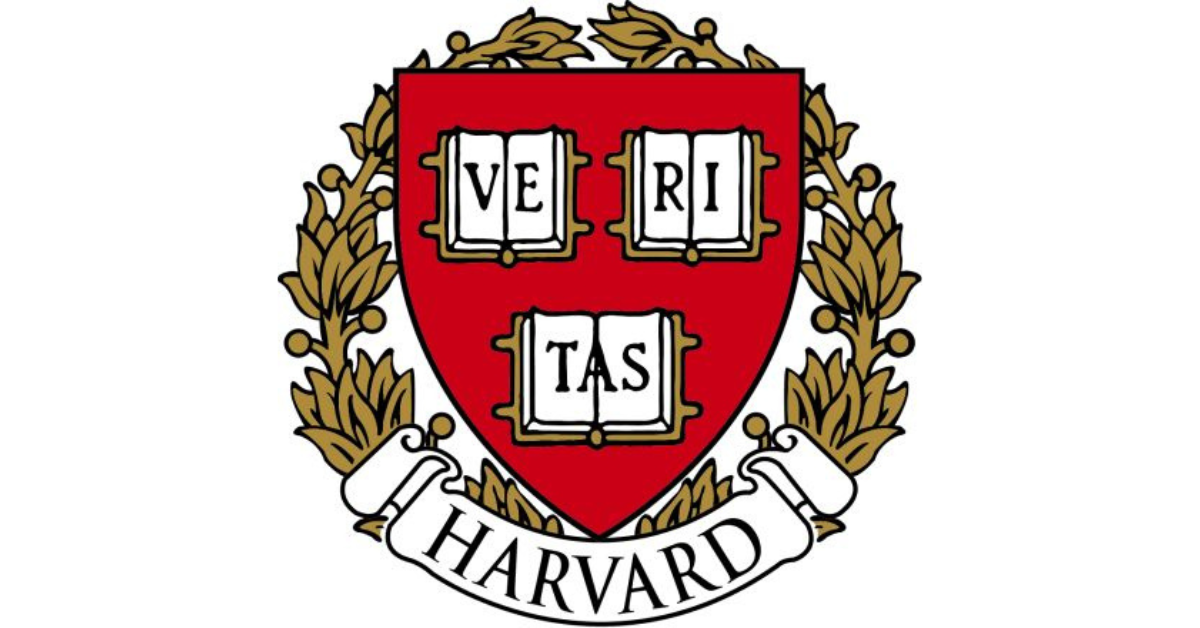
Historical Background
Founding and Early Years
Harvard University was established in 1636 by the Great and General Court of the Massachusetts Bay Colony. Named after its first benefactor, John Harvard, a young minister who bequeathed his library and half his estate to the institution, Harvard began as a small college dedicated to training clergy for the New World. The initial mission of Harvard was to ensure an educated clergy, and it primarily offered a classical curriculum based on the English university model.
Growth and Development
Throughout the 17th and 18th centuries, Harvard expanded its curriculum and facilities, gradually transforming from a modest college into a comprehensive university. By the 19th century, under the leadership of figures like President Charles William Eliot (1869-1909), Harvard underwent significant reforms, adopting an elective system that allowed students greater academic freedom and fostering an environment of intellectual exploration.
Academic Structure
Schools and Faculties
Harvard University comprises several schools and faculties, each specializing in different fields of study. The major schools include:
- Harvard College: The undergraduate college of Harvard University, offering a liberal arts education.
- Harvard Law School: One of the most prestigious law schools globally, known for producing influential legal minds.
- Harvard Business School: Renowned for its MBA program and leadership in business education.
- Harvard Medical School: A leader in medical education and research.
- Harvard Divinity School: One of the oldest institutions in the United States dedicated to the study of theology.
- Graduate School of Arts and Sciences: Offers a wide range of graduate programs in various disciplines.
- Harvard Kennedy School: Focused on public policy and administration.
Each school operates semi-independently, with its own administration, faculty, and academic policies.
Research and Innovation
Harvard is at the forefront of research and innovation across multiple disciplines. With extensive resources and state-of-the-art facilities, the university fosters groundbreaking research in fields such as medicine, engineering, social sciences, and humanities. Harvard’s research output is vast, with numerous research centers, institutes, and initiatives that drive advancements in knowledge and technology.
Campus and Facilities
Historic and Modern Buildings
Harvard’s campus in Cambridge, Massachusetts, is a blend of historic and modern architecture. Notable buildings include:
- Harvard Yard: The historic center of the university, housing freshman dormitories and several key academic buildings.
- Widener Library: The flagship library of Harvard’s vast library system, named after Harry Elkins Widener.
- Memorial Hall: A Gothic-style building commemorating Harvard alumni who died in the Civil War.
- Harvard Art Museums: A complex of three museums housing extensive collections of art from various cultures and periods.
Libraries and Museums
Harvard boasts one of the largest and most comprehensive library systems in the world, with over 20 million volumes across its numerous libraries. Additionally, the Harvard Art Museums and the Peabody Museum of Archaeology and Ethnology offer vast collections that support both education and research.
Admissions and Financial Aid
Selective Admissions
Harvard’s admissions process is highly selective, with an acceptance rate typically below 5%. The university seeks students who demonstrate exceptional academic ability, intellectual curiosity, leadership potential, and a commitment to community service. The admissions process includes a holistic review of applicants’ academic records, standardized test scores, extracurricular activities, personal essays, and letters of recommendation.
Financial Aid
Committed to accessibility and affordability, Harvard offers one of the most generous financial aid programs in the country. The university’s need-blind admissions policy ensures that financial circumstances do not influence admissions decisions. Harvard meets 100% of demonstrated financial need for all admitted students, with a significant portion of aid provided through grants that do not need to be repaid.
Notable Alumni
Harvard’s alumni network is extensive and includes many individuals who have made significant contributions to various fields. Some notable alumni include:
- John F. Kennedy: The 35th President of the United States.
- Barack Obama: The 44th President of the United States and former President of the Harvard Law Review.
- Ruth Bader Ginsburg: Late Associate Justice of the Supreme Court of the United States.
- Bill Gates: Co-founder of Microsoft and philanthropist (though he left before graduating).
- Mark Zuckerberg: Co-founder and CEO of Facebook (also left before graduating).
These individuals, among many others, highlight Harvard’s role in shaping leaders and innovators who have had a profound impact on the world.
Impact and Influence
Contributions to Academia and Research
Harvard’s contributions to academia and research are vast and varied. The university has been at the forefront of numerous scientific breakthroughs, including advancements in medicine, technology, and social sciences. Harvard researchers have received countless prestigious awards, including Nobel Prizes, for their groundbreaking work.
Global Influence
Harvard’s influence extends far beyond academia. The university’s graduates hold prominent positions in government, business, and non-profit organizations worldwide. Harvard’s faculty and research also influence public policy and societal issues, contributing to the global discourse on topics such as climate change, public health, and social justice.
Challenges and Controversies
Admissions Lawsuits
In recent years, Harvard has faced legal challenges regarding its admissions policies, particularly concerning allegations of discrimination against Asian American applicants. These lawsuits have sparked national debates about affirmative action and diversity in higher education. While Harvard has defended its admissions practices, these cases continue to shape discussions about equity and inclusion in college admissions.
Financial and Ethical Issues
Harvard, like many large institutions, has faced scrutiny over its financial management and ethical practices. Issues such as endowment management, labor practices, and faculty conduct have occasionally drawn criticism. The university has taken steps to address these concerns through increased transparency and policy reforms.
Future Directions
Advancing Technology and Innovation
Harvard is committed to staying at the cutting edge of technology and innovation. The university continues to invest in new research initiatives, interdisciplinary programs, and partnerships with industry leaders. Areas such as artificial intelligence, biotechnology, and sustainability are key focuses for future development.
Expanding Access and Diversity
Harvard aims to increase access and diversity within its student body and faculty. Efforts include expanding outreach to underrepresented communities, enhancing support for first-generation college students, and fostering an inclusive campus environment. These initiatives are part of Harvard’s broader commitment to social justice and equity.
Conclusion
The University of Harvard, with its storied history, academic excellence, and profound global influence, remains a beacon of higher education. As it navigates contemporary challenges and opportunities, Harvard continues to evolve, upholding its tradition of intellectual rigor and societal contribution. The university’s enduring legacy is reflected in its alumni, research, and unwavering commitment to shaping the future through education and innovation.
